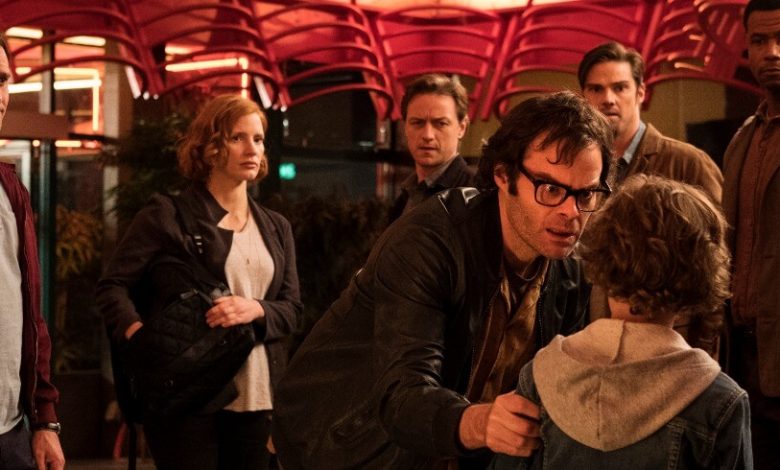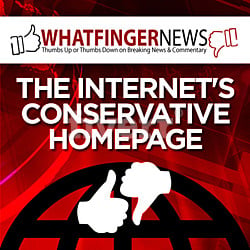Out Mag Cries Pennywise Isn’t Pro-Gay, Blames Trump

Pennywise the Clown is the child-eating monster unearthed from Stephen King’s legendary mind.
The beast haunted the fictional town of Derry, Maine in the author’s 1986 thriller. Now, he’s doing the same via “It Chapter Two,” the second part of the Warner Bros. film franchise.
Turns out this colorful killer became something more than a mesmerizing villain. A gay publication suggests he’s also a gay icon. And the new film eradicates all that, to the lament of Out Magazine.
“Pennywise Is Surprisingly Anti-Queer in ‘It Chapter Two,'” says the op-ed’s headline. “The killer clown isn’t the ally we thought,” runs the sub-head.
This isn’t a misprint.
In the aftermath of 2017’s It, Bill Skarsgård’s Pennywise the Dancing Clown became something of a gay icon. Between memes and makeup tutorials, Pennywise was everywhere — he and another monstrous LGBTQ+ favorite, the Babadook, were seen as #couplegoals. But after seeing It 
Some necessarily story spoilers follow:
The film opens with a scene taken straight from King’s text. A gay couple is brutally attacked for simply being affectionate in public – and standing up for themselves. That isn’t the true horror here, though. Pennywise soon appears and wolfs down one of the two lovers.
Literally.
The writer isn’t keen on this sequence, but he’s more horrified by one closeted character. Richie Tozier, played by Bill Hader, runs into Pennywise mid-film and the killer clown mocks his decision to keep his sexuality private.
The killer clown isn’t content to just threaten Richie with violence. Instead, he reveals that he knows Richie’s secret, his “dirty little secret.” He doesn’t just say it, he sings it — the song even appears on the album’s soundtrack (coming for all the pop girls’ necks, I see). So Pennywise isn’t just the physical manifestation of what is revealed to be some kind of cosmic entity that feeds off fear and human flesh, he’s a homophobe. Trump’s America strikes again!
Let that last line sink in a moment.
Now, we’ll move to Heat Vision, the geek-friendly confines of The Hollywood Reporter. The site mourns that Richie never comes out and says, “I’m gay.” Doing so, of course, would mean taking time out of saving Derry, and their own lives.
Still, it marks a major disappointment for the film according to Heat Vision:
The balance of identity representation within the Losers offered an awesome opportunity to detail the effects of the past 30 years on the most privileged members of the community. Richie never even says he’s gay out loud.
It bears repeating. Even when Hollywood attempts to include gay themes into films, or simply more diversity, media critics are rarely, if ever, satisfied.
Slate Magazine excoriates “It Chapter Two” for that shocking opener. It turns out King based the attack on an actual incident. The film version, though, proved too exploitative for Slate.
But what director Andy Muschietti and screenwriter Gary Dauberman do with this opening murder—not to mention a bizarre subplot that appears designed to counterweigh it—exploits a ghastly real-life killing for a cheap shock, delivered without context or any clear thematic underpinning. It’s obvious they failed to fully reckon with what they’ve put on the screen, and the results are grim.
Them, a gay publication, similarly calls out “It Chapter Two.”
“While the film’s slightly more overt queerness is a step in the right direction, particularly in the context of King’s LGBTQ+ track record, it’s not exactly a milestone for queer inclusion … In fact, there’s something retrograde about Richie and Eddie’s storyline. Because the revelation of Richie’s feelings for Eddie only comes at the film’s very end, without clarity as to whether either of them ever explored their queerness…
There’s certainly something admirable about It Chapter Two’s attempts to queer the story for a more progressive 2019 audience, but no matter how noble its intentions, the end result falls flat.”
